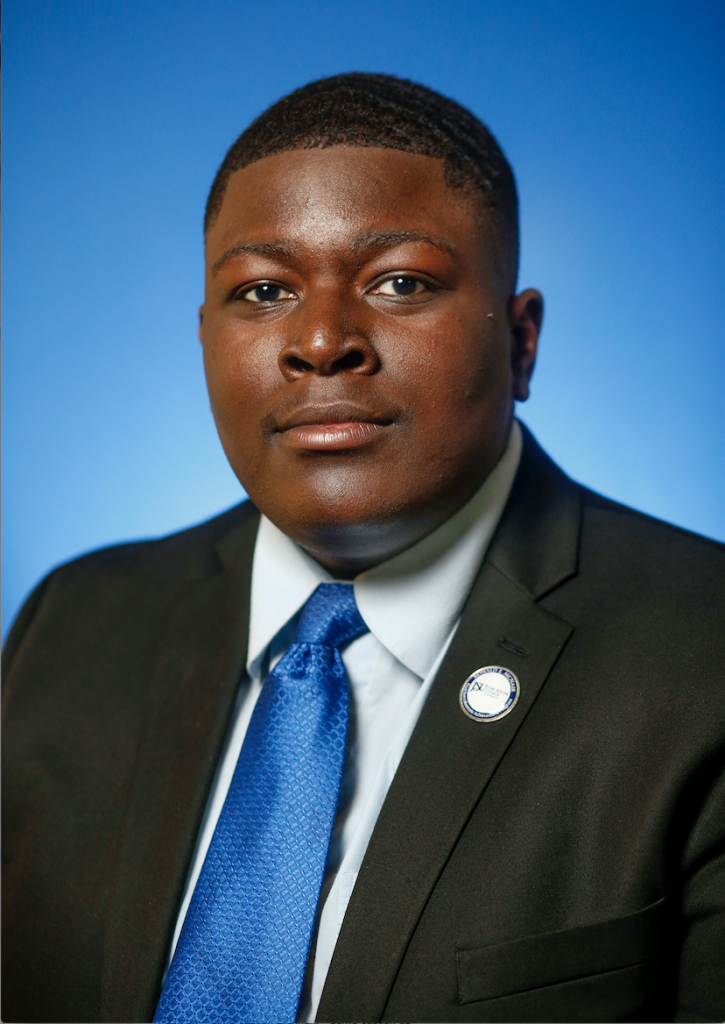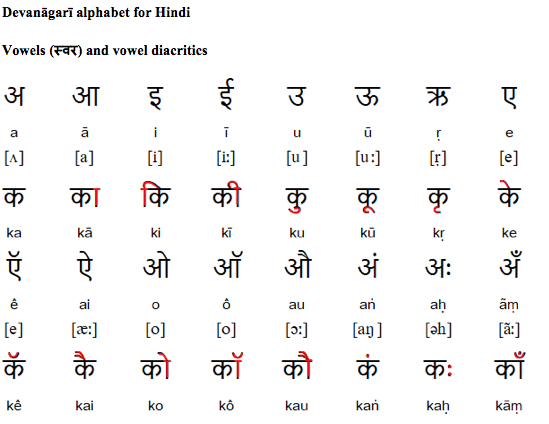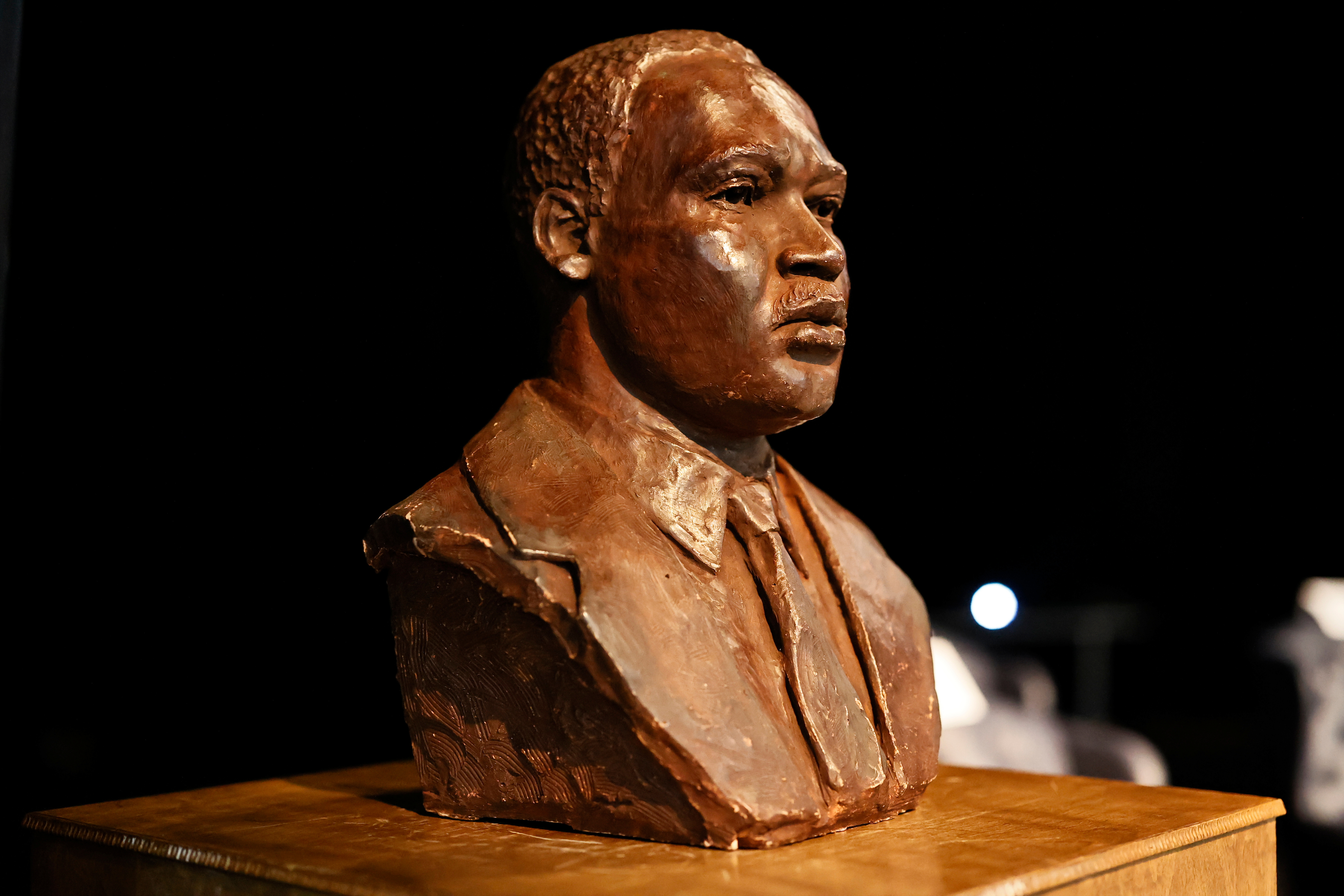![]()
[hr]

His mother is responsible for the person he is today says Atlanta native and Jackson State University student Dennis Agnew Jr.
“My role model is my mom. She showed me that anything’s possible,” states the junior computer engineering major.
He adds that his passion for IT might have gone undiscovered if his mother had not nurtured his interests.
Although he acknowledges that his father and step-parents were also instrumental in his life, Agnew says that he watched his mother go to college, work full time, and pledge Delta Sigma Theta Sorority, Inc. while raising him and his younger sister.
As a high school sophomore, Agnew built a computer to play the video game “PlanetSide 2” because the family’s desktop was too slow.
“My mom helped me through the process of buying the parts and helping me put it together,” he says.
According to Agnew, the computer still works today, a seemingly impressive feat for a teenager.
“If your kid has a certain curiosity let him explore it, so they can see if they like that particular field,” he cautions parents.
Not only is he a W.E.B. DuBois/Alvarez Harvey honor student with love for technology, but the computer “wiz” is also the recipient of a fully funded Critical Language Scholarship from the U.S. State Department’s Bureau of Educational and Cultural Affairs. He will spend this summer learning Hindi in Jaipur, India.
Agnew decided to apply for the scholarship after noticing a flyer promoting the opportunity. Using a strategic approach to the essay portion of the application, he detailed his research of previous scholarship recipients and discovered that none had been from Mississippi HBCUs. So, Agnew made that fact a talking point in his pitch to the program.
“If you want to show a true view of the United States or a true view of American culture then you need to have people from a variety of places not just New York, Chicago or the West Coast,” says Agnew explaining his thought process.
He speculates that people from India are used to seeing and meeting people from major metropolitan areas but “what about people from down South and specifically people from HBCUs in the South?”
The most difficult portion of the application process Agnew says was defining how Hindi would benefit his postgraduate career. In the end, he articulated that some of the best engineers come from the U.S. and India, and times may call for him to work with Hindi-speaking engineers to solve problems.
“So, I realize I have to know these languages if I want to do my job well. I also want to be a more well-rounded engineer,” he shares.

Furthermore, Agnew continues, he aims to show the people of India a different side of the American story and rebuff biased ideas about African-Americans with his experiences as a black man – born, raised, and educated in the South.
“Sometimes we have preconceived notions about people before we’ve actually met them,” says Agnew, who has traveled to Japan and interned in South Dakota since becoming a Jacksonian.
On a lighter side, he voices concern about a possible intolerance for the spicy cuisine that is prevalent in India. “Maybe my American palette is not as adapted to that as it should be. I feel like my digestive track would struggle initially,” he says, before laughing and suggesting he may need Pepto-Bismol for his trip.
Learning Hindi may not be as random as it appears for the JSU student. He notes that his best friend is from the northwest region of India and also speaks Hindi. Additionally, Agnew says that he is looking forward to the many potential friendships and connections to be made during his time in South Asia.
After graduating high school with a 4.60 GPA, Agnew had offers to attend the University of Georgia, Wake Forest University and the New York Institution of Technology. But, he says, after participating in JSU’s Bridge to the Future Program in the Summer of ’16, he was convinced that the HBCU was the best choice.
“They told me about JSU’s progress, advancements in the engineering department, the new building and the grants that were coming in,” says Agnew. “I guess the opportunity to grow and stand out more than if I went to a larger school tipped the scale towards me coming here.”
Looking forward to his excursion, he suggests that others get bit by the travel bug and “get outside your comfort zone. It’s the only way you’ll experience the world.”






